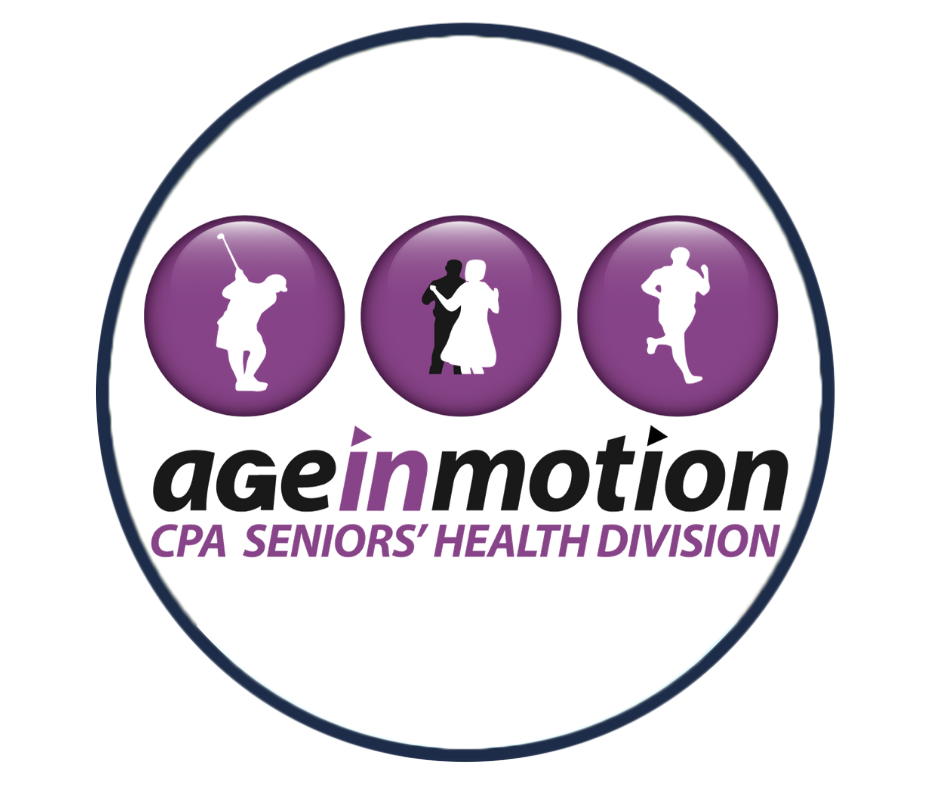Pain Assessment in People with Dementia: A Practical Approach

Pain Assessment in People with Dementia: A Practical Approach
This course includes
Overview:
Pain in dementia, although very frequent, is often under-assessed and under treated. This occurs partly because, as dementia progresses, the ability to report pain verbally becomes compromised. Patients often suffer in silence or may display challenging behaviours that are misattributed to a psychiatric problem rather than to pain.
This presentation will describe a practical approach to assessing pain in people with dementia, both through self-report (where possible) and through systematic observational procedures, including the Pain Checklist for Seniors with Limited Ability to Communicate-II (PACSLAC-II).
This course will be especially useful for physiotherapists who work with patients diagnosed with dementia, either in long-term care or other clinical environments. It is designed to facilitate assessment of patients who have limited ability to communicate.
This online course is brought to you by the Senior's Health Division of the Canadian Physiotherapy Association.
Presenter: Thomas Hadjistavropoulos, Ph.D., ABPP, FCAHS
Thomas Hadjistavropoulos is an international leader in the area of pain assessment in dementia. He is a Research Chair in Aging and Health, Director of the Centre on Aging and Health, and Professor of Psychology at the University of Regina.
He is a Past-President of the Canadian Psychological Association; has shown leadership in the promotion of the health sciences at the local, national, and international levels; and has been honoured through a long list of prestigious awards and distinctions. His research is currently supported by the Canadian Institutes of Health Research, the Saskatchewan Health Research Foundation, the AGE-WELL Network of Centres of Excellence, and the Canada Foundation for Innovation. He has published approximately 250 peer-reviewed articles, book chapters, and seven books. Hadjistavropoulos is also the Editor-in-Chief of Ethics & Behavior and serves on several other editorial boards.
Join the Canadian Physiotherapy Association for this online course 'Pain Assessment in People with Dementia: A Practical Approach'. For more information about the CPA-Embodia partnership, please visit this page.
The instructors


The Seniors’ Health Division (SHD) is a special interest group within the Canadian Physiotherapy Association. SHD is committed to providing members with services related to older adult health and physiotherapy practice.
It is comprised of physiotherapists from across Canada who work with older adults in a variety of practice settings, including acute geriatric care, geriatric rehabilitative and restorative units, long term care settings, community based and home care settings.
SHD is a member of The International Association of Physical Therapists working with Older Persons.
Vision of the Seniors' Health Division: Older Canadians are moving, moving more and moving better with the help of physiotherapists.
Mission of the Seniors' Health Division: To support our members in providing excellent physiotherapy care to optimize the independence and quality of life of older adults.
Course Material included in this course
-
Pain Assessment in People with Dementia: A Practical Approach
-
Welcome
-
Introduction
-
Using Scales
-
Effective Pain Assessment
-
Protocols
-
Questions Pt1
-
Questions Pt2
-
Feedback